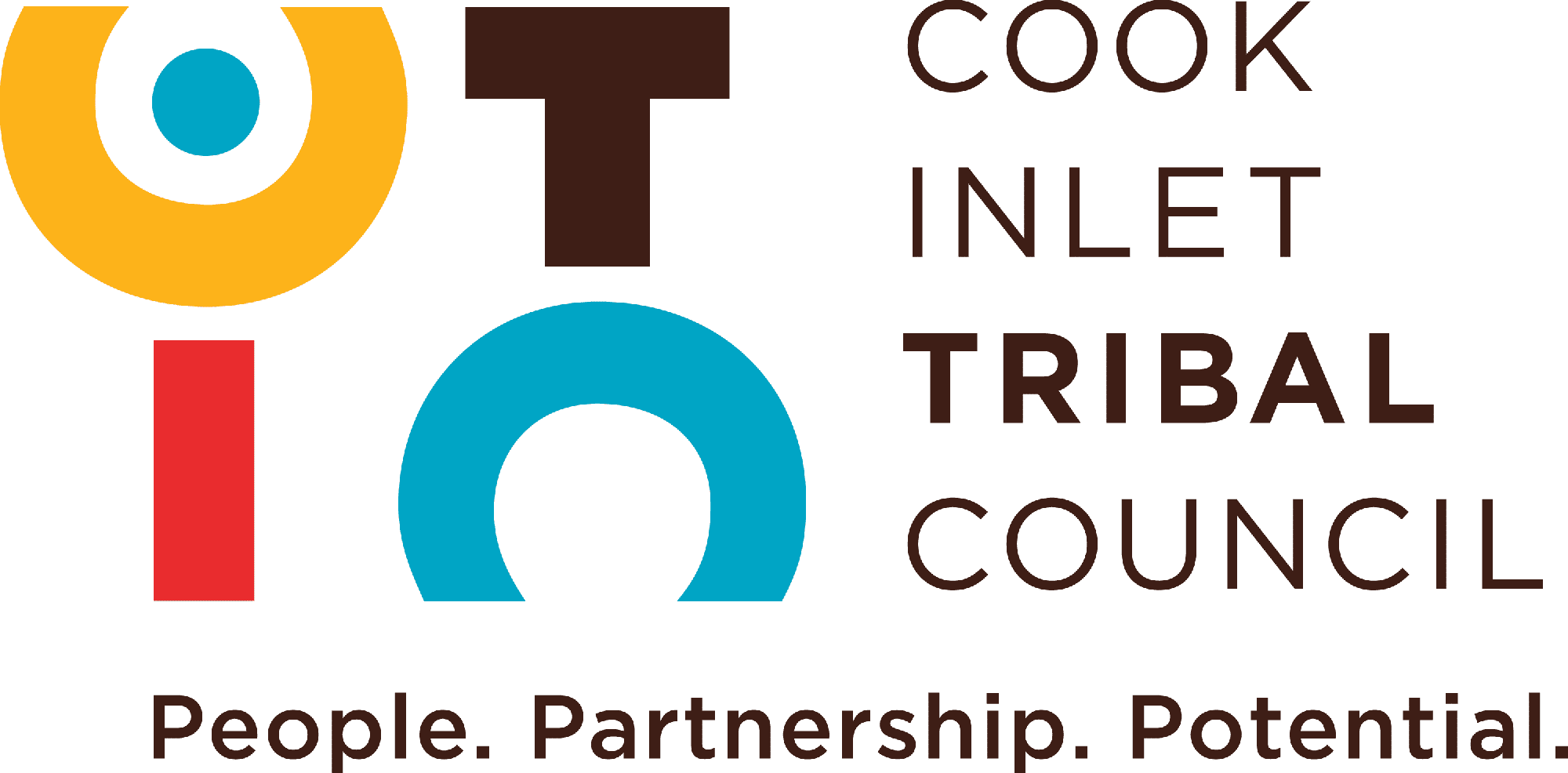11 Dec License to the Future
CITC’s driver’s permit study sessions pave way for youth to reach bigger goals
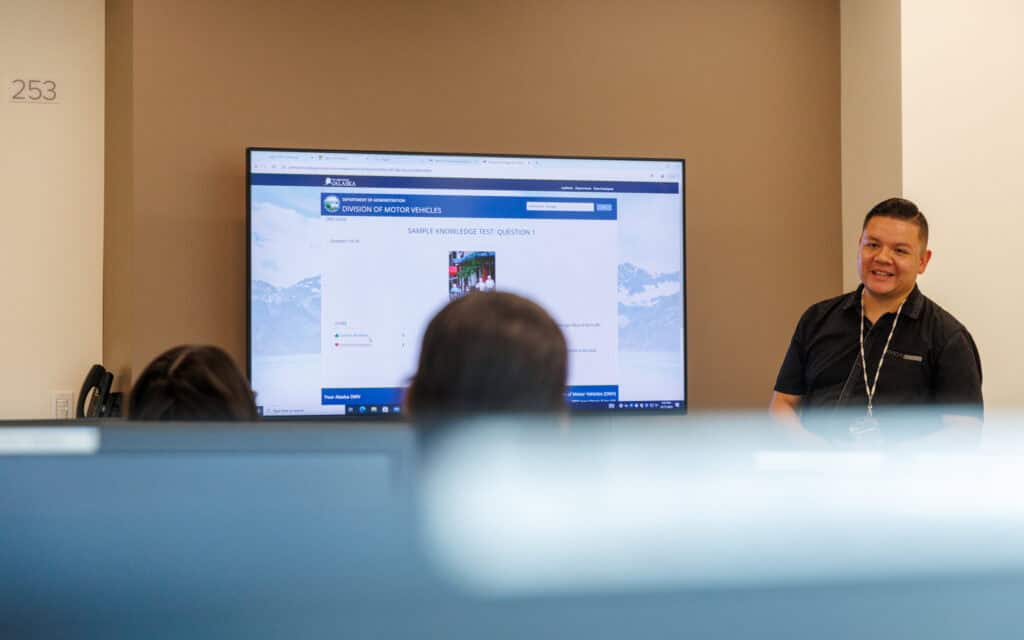
Joseph Henry didn’t need a car in Unalakleet. When he moved to Anchorage this July, though, he found the city hard to navigate on foot.
“It’s a lot bigger,” he said. “It’s hard to walk around.”
The 18-year-old was looking for work after his move. A cousin mentioned it would be a lot easier to apply for jobs if he had a driver’s license.
That’s how, one October afternoon, Joseph found himself at CITC, shouting out guesses to the answers of the Division of Motor Vehicle (DMV) written knowledge test for a instruction permit, more commonly known as a learner’s permit.
About a half a dozen young people participated in the practice test “study session,” part of CITC’s Youth Life Skills series. The following day, a CITC staff member drove several of them—Joseph included—to the DMV to take the real test to obtain their learner’s permits.
“We try to get the information fresh in their brain, so when they go the next day to take the test, they can remember the questions we covered and hopefully pass,” said Sage O’Neill, a case manager on CITC’s Youth Services team.
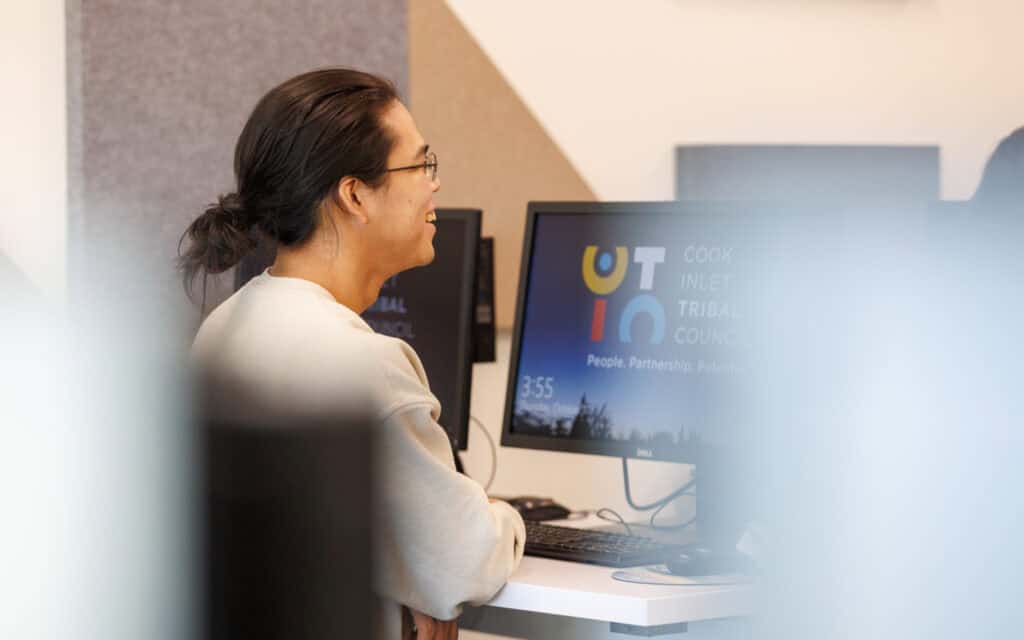
Small Goals Add Up
The students in Joseph’s study session were shy at first, reluctant to call out answers. Sage drew them out, making jokes about his own driving experiences and inviting them to talk over potential answers for a question about insurance coverage. Soon, everyone was collaborating on the questions.
“It’s one thing to take the test on your own,” Sage said. “But we found it’s very valuable when we share ideas as a group and talk through the answers.”
Life Skills classes offered by the Youth Services team are meant to equip young people between the ages of 12 and 24 with the tools they need to become successful adults. The Driver’s Permit Study Session and subsequent DMV Field Trip join a lineup of workshops with topics like searching for a first job; finding affordable holiday gifts; learning to cook; and applying for financial aid for school.
While all the Life Skills workshops are beneficial, helping young people obtain their learner’s permit or driver’s license can be the first step to greater opportunities, Sage said.
“This goal goes hand in hand with other goals they’re working on, whether it’s to get a job or enroll in a training program. A lot of times, they’ll need to get their driver’s license first. So we work with program participants on these basic goals that will eventually blossom into something a lot bigger for them.”
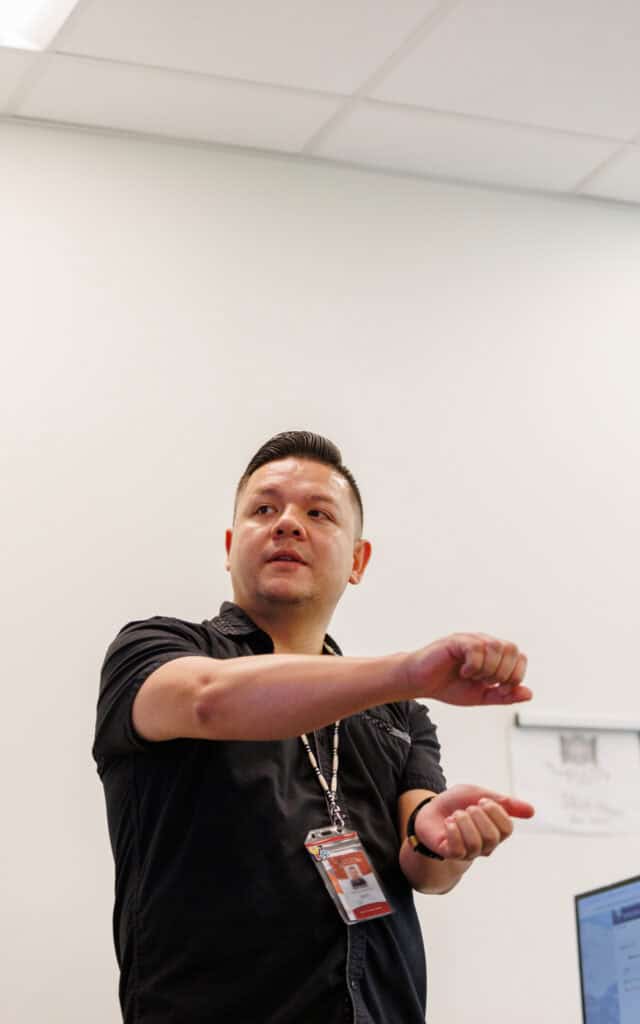
Roadside Assistance
Since Youth Services began tracking the number of youth and young adults who have participated in the DMV Study Session and Field Trip, they’ve seen 119 participants come through those classes.
Like Joseph, many of those individuals don’t have much driving experience. Some don’t have parents or guardians who are able to teach them, while others have recently relocated to the city from the village, where their only driving practice has been on a four-wheeler or a snow machine.
For some income-eligible young people, once a driver’s permit is obtained, CITC will continue support by paying for driver’s education school, a four-day course that provides individual instruction, including a defensive driving session. If a young person has access to their own driving instruction, CITC may pay the fee for the road test required to get a license.
From there, the road to possibility opens up.
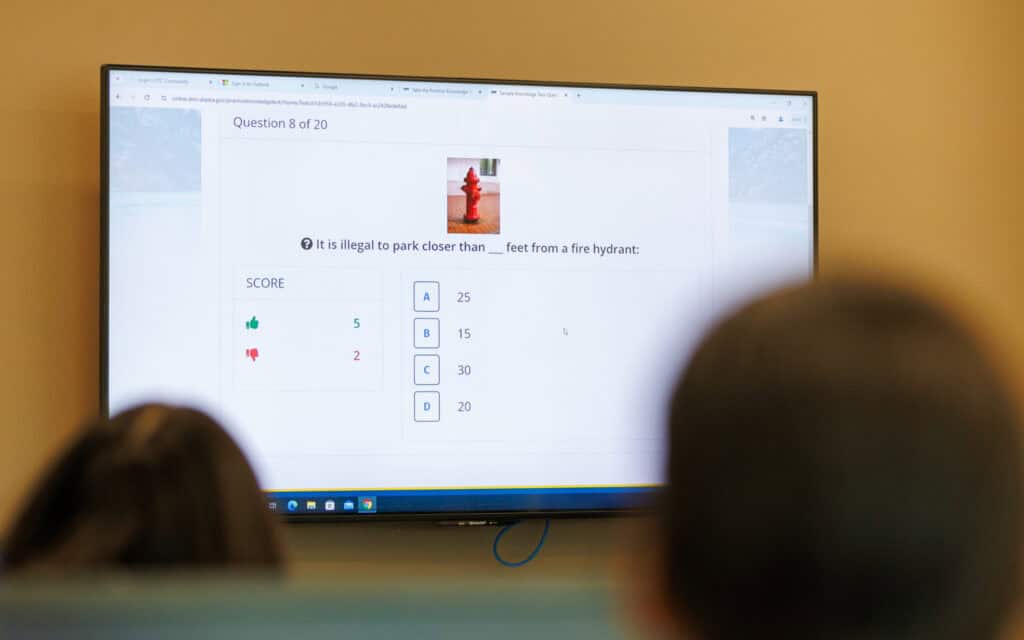
“I’ve worked with program participants who didn’t have their permit and went through the process,” Sage said. “Now, they’ve got their license and they’re moving on to the next goal, whether that’s getting their own car or enrolling in training for their commercial driver’s license. Sometimes it all just starts with getting that permit.”
He pointed out that a driver’s license also serves as yet another form of identification, which is often required to apply for a variety of services and resources.
Get Started with Youth Life Skills
CITC’s Youth Life Skills are open to all young people ages 14 – 24. Case management is available to Alaska Native and American Indian income-eligible youth. Check the CITC calendar to see a list of upcoming Youth Life Skills workshops, or contact the Youth Services team at youthemployment@citci.org or (907) 793-3114.
CITC has a wide variety of additional youth services available, including paid internships, an employment program, before and after school programs, and healthy relationship education. See everything CITC has for the young person you know: Visit citci.org/youth-services.
